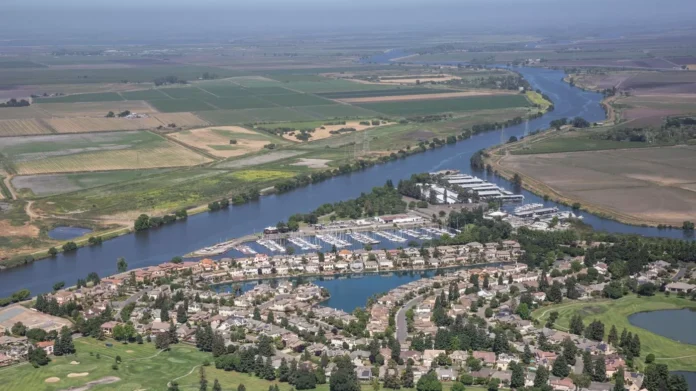The Environmental Protection Agency (EPA) plays a crucial role in protecting our nation’s water resources. Under the Clean Water Act, the EPA is responsible for safeguarding “waters of the United States” from pollution and degradation. However, recent developments have raised concerns about the future of this protection, particularly in regards to wetlands. The EPA has indicated that it may narrow the scope of waters that receive protection under the Clean Water Act, and in the meantime, it plans to limit protections for wetlands. This decision has sparked intense debate and controversy, as it could have far-reaching implications for our environment and public health.
The Clean Water Act was enacted in 1972 with the goal of restoring and maintaining the chemical, physical, and biological integrity of our nation’s waters. It provides a framework for regulating pollutants and controlling discharges into water bodies, with the ultimate aim of ensuring clean and safe water for all. However, the definition of “waters of the United States” has long been a point of contention and has been subject to various interpretations and legal challenges. This has resulted in a lack of clarity and consistency in the application of the law, causing confusion and delays in enforcement.
In 2015, the Obama administration attempted to clarify the definition of “waters of the United States” by expanding it to include smaller water bodies such as streams, wetlands, and intermittent waterways. This move was met with resistance from industries and landowners who argued that the expanded definition would impose unnecessary regulatory burdens and restrict their property rights. As a result, the rule faced numerous legal challenges and was ultimately put on hold by the courts.
Now, under the current administration, the EPA has signaled its intention to roll back the 2015 definition and revert to a more narrow interpretation of “waters of the United States.” This would mean that many of the smaller water bodies that were previously protected under the Clean Water Act would no longer receive federal protections. Additionally, the EPA has announced that it will be limiting protections for wetlands, which are vital for flood control, water purification, and wildlife habitat.
The decision to narrow the scope of protected waters has sparked fierce criticism from environmental groups and scientists who warn of the potential consequences. Wetlands, in particular, are essential for maintaining water quality and preventing flooding. They act as natural filters, removing pollutants and excess nutrients from the water, and absorbing floodwaters to reduce the risk of damage to surrounding areas. By limiting protections for wetlands, we are putting our water resources and communities at risk.
Moreover, the EPA’s move goes against the agency’s own scientific findings. In 2015, the EPA released a report that concluded that all streams and wetlands are physically, chemically, and biologically connected to downstream waters and can impact their quality. This means that by narrowing the definition of protected waters, we are ignoring the scientific evidence and jeopardizing the health of our waterways.
The decision to narrow protections for wetlands also goes against the wishes of the majority of Americans. A recent poll found that 83% of Americans support maintaining or increasing protections for wetlands, with only 8% in favor of reducing protections. This shows that the EPA’s move is not in line with public opinion and that the agency should be listening to the concerns of the people it is meant to serve.
It is also important to note that the EPA’s decision could have a disproportionate impact on marginalized communities and low-income areas. These communities are often the most vulnerable to environmental hazards, and the loss of protections for wetlands could worsen their already precarious situation. Wetlands provide essential services to these communities, such as flood control and water purification, and their loss could have severe consequences.
In conclusion, the EPA’s decision to narrow protections for wetlands and roll back the definition of “waters of the United States” is a cause for concern. It goes against scientific evidence and public opinion and could have serious implications for our water resources and communities. As citizens, we must urge the EPA to fulfill its duty to protect our environment and safeguard our health. We must also continue to educate ourselves and others about the importance of wetlands and the need to preserve them for future generations. Let us not allow short-sighted decisions to jeopardize the well-being of our planet and its inhabitants.

